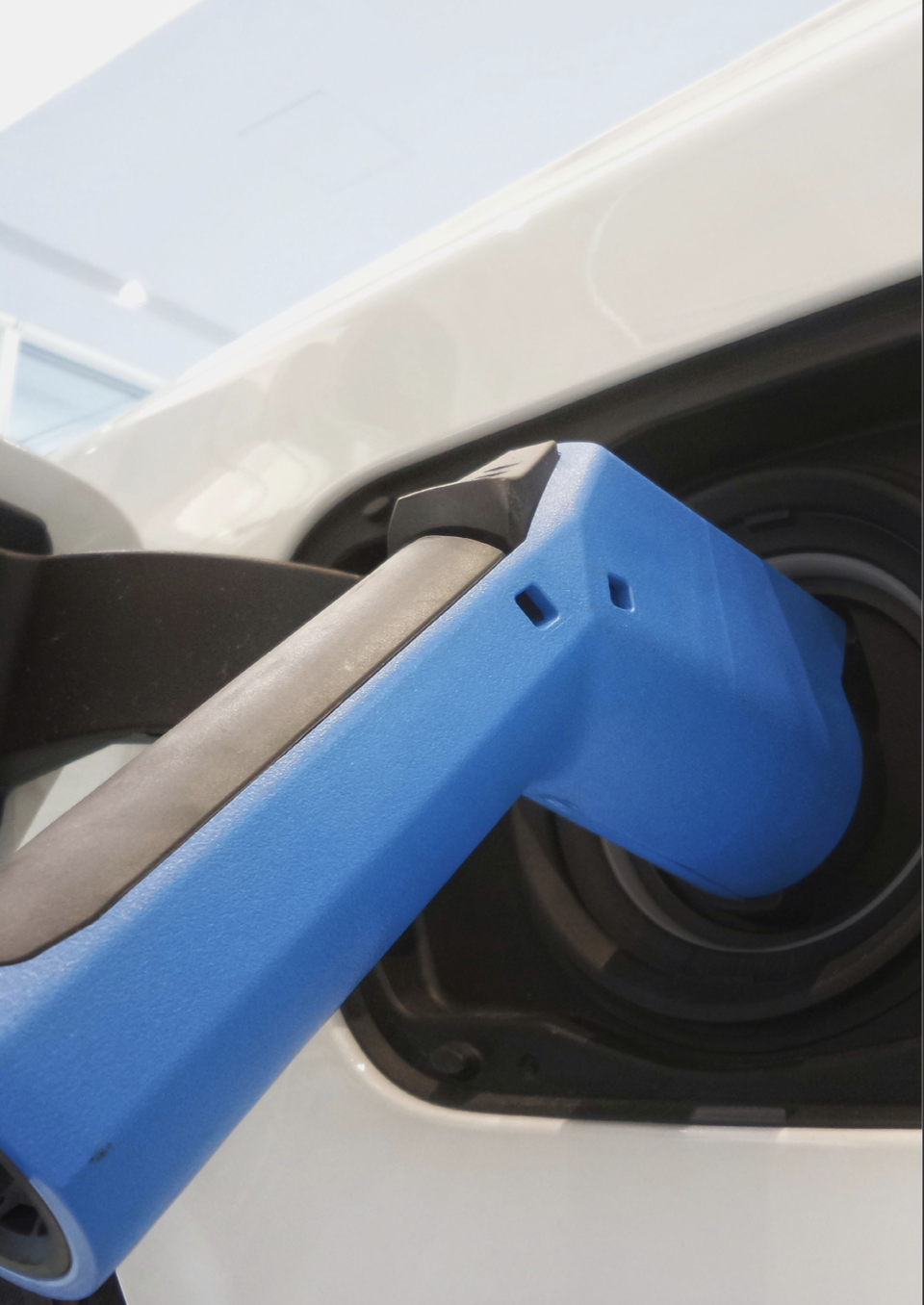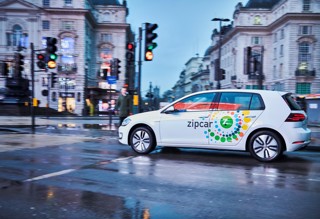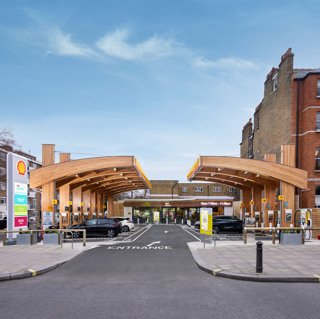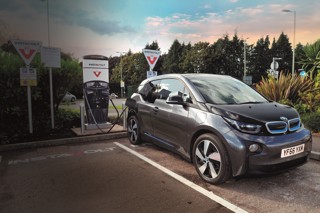A focus solely on the number of charging points in the UK when determining the country’s network quality for EVs has been branded ‘unhelpful’ by Cox Automotive and BP Pulse.
According to Philip Nothard, insight and strategy director at Cox Automotive, such a “crude analysis” by some commentators doesn’t “account for what matters” when it comes to making EV ownership as easy and seamless as possible for all UK motorists. He said: “A single rapid or ultra-fast charger could easily be doing more work and delivering more energy than 50 or so on-street slow charging points.”
Nothard believes there’s too much focus around charging infrastructure, which almost always comes down to concerns about having ‘enough’ charging points. Data from Zap-Map suggests the UK’s public charging network currently offers around 50,000 charging points at more than 18,000 different locations, meaning there are more than twice as many places to charge an electric car than there are petrol stations to fuel a petrol or diesel one.
Tom Callow, head of insight and external affairs at BP Pulse said public charging infrastructure will always remain a mixed landscape, offering drivers “the right speed for the right need”.
He added: “There are 50,000 public charging points in 18,000 locations, that’s before you start counting the UK’s 250,000 or so home and workplace charging points.
“However, too much anxiety about charging infrastructure often seems to focus on whether there are ‘enough’ charging points, instead of considering if we have enough infrastructure by capacity. We have data as a starting point to help look at the charging infrastructure that can most effectively deliver the energy motorists will need.”
Callow referred to using the data collected about how many EVs are currently on the road when they get used, where and how far they travel. Through knowing how many vehicles are on the road, and knowing when, where and how far they drive – analysts can work out how much energy they will need to move EVs. Using that as the starting point, energy suppliers such as BP Pulse can look at the charging infrastructure that can most effectively deliver the energy EV motorists will need.
There is a need to ensure that EV drivers and those looking to transition can have confidence in a ubiquitous network of ultra-fast chargers in every city, town and many villages, too. But already, EV drivers are well catered for in many areas in terms of choice of access to charging facilities.
Callow added: “Ultra-fast charging won’t be needed everywhere you find a charging point. For a top-up while at the cinema, an ultra-fast charger might finish before the adverts do, so a slower charge would make more sense. But for charging quickly on a long journey, you probably won’t want anything less.
“For those who have access to off-street parking at home, a home charger will undoubtedly be the most convenient option for most, if not all, of their charging needs. Most electric cars on the market are more than capable of the UK’s average weekly mileage, meaning that most drivers will have a choice about where they charge, and a weekly top-up on an ultra-fast charger may be all that many drivers need. For example, off-street charging on forecourts, at charging hubs and in car parks may also present fewer challenges than on-street infrastructure when it comes to the practicalities of charging, as well as accessibility, and not just for those using them.”
> Interested in comparing electric vehicle data? Check out our EV tool.
> Interested in ensuring the efficient use of EVs. Check out our dedicated editorial sections: Insight & policy | EV news | Charging & infrastructure | Costs & incentives | Benefit-in-kind | EV case studies | EV road tests























Login to comment
Comments
No comments have been made yet.